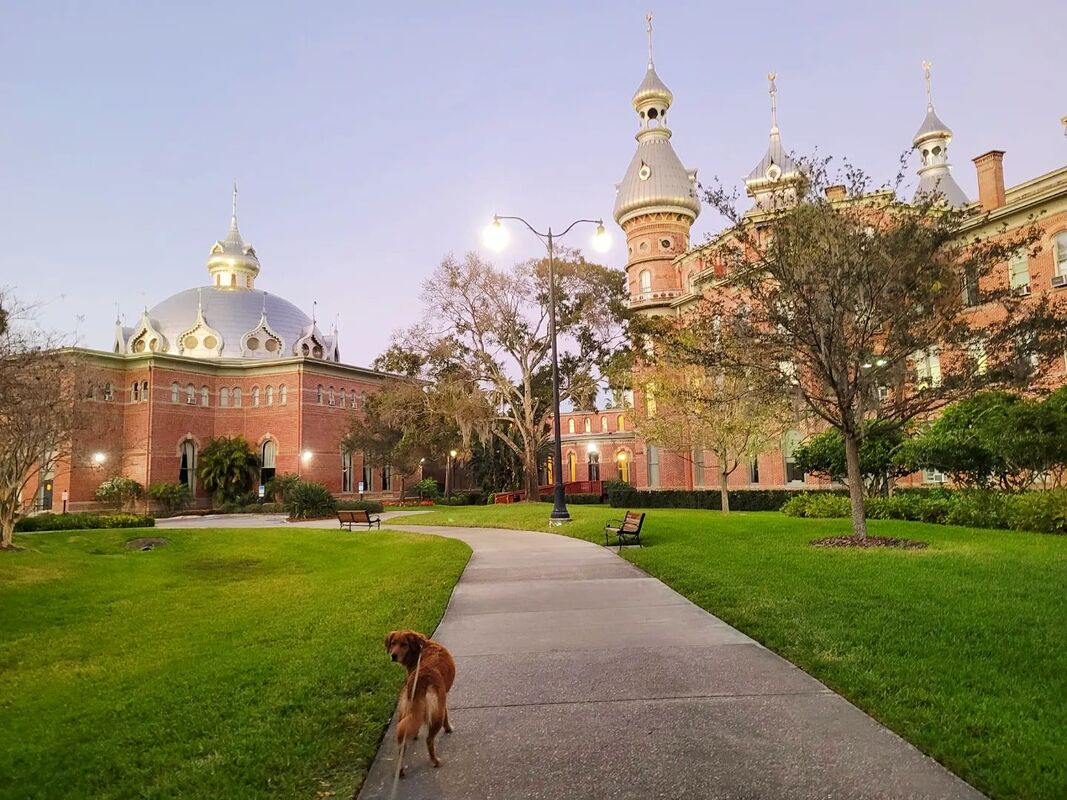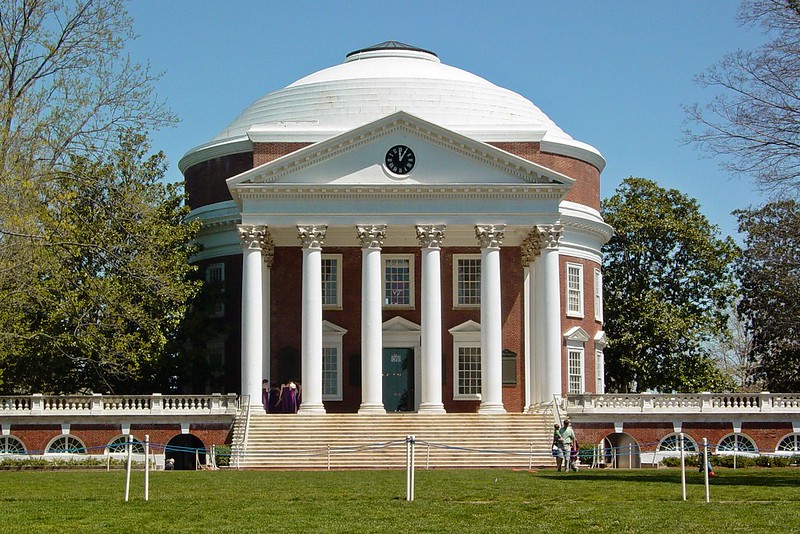|
Image: Eva Via Music (that's me!) I've been running Paved With Verbs for almost ten years, and my students always get incredible results.
The reason my process works, the reason so many of my students get into top schools like Stanford and Brown and MIT, is because I sincerely believe that everyone has a question they can answer better than anyone else. I sincerely believe that everyone has a genius inside of them. My job isn't to correct your grammar and tell you to "show, don't tell" My job is to help you find that question and uncover your genius.
1 Comment
Exploring the University of Tampa with my loyal assistant. College application essays can be so awkward. Even if you're an excellent writer when it comes to historical or literary analysis, chances are you have never had to sit down and write about how amazing and unique you are -- and how you deserve a spot at this school more than the 40 people who won't get in if you do.
This awkwardness gets compounded when a "non-diverse" student has to write about their diversity or oppression for a supplemental essay. When I was applying to college... we pretty much just applied to college.
Now, social media allows countless strangers on the internet to endlessly share advice about the college application process, driving a weird new neuroticism about the best possible "strategy" for college applications. These "strategies" often take the form of, "It's easier to get into XYZ School if you say you want to major in Blah — then after you get accepted, you can switch into BlahBlah." This is a terrible strategy, and here's why: The most important essay on the Brown Writing Supplement is this one:
Brown’s Open Curriculum allows students to explore broadly while also diving deeply into their academic pursuits. Tell us about an academic interest (or interests) that excites you, and how you might use the Open Curriculum to pursue it. (250 words) Crazy story: a few years ago, there was this weird bug in the Common App website that caused the last paragraph of essays to get deleted.
That means that countless applicants spent hours brainstorming, writing, and revising their essays... Only to submit an incomplete essay with no conclusion. Some of the most common college essay advice... is also the most terrible. I've been an education consultant and college counselor for eight years — at this point, I've heard it all... And it almost feels like a moral obligation to tell you that the advice people have been giving you is probably wrong. If you want to go to Yale, you have to work for it.
Both by being an amazing student with incredible teacher recommendations... And by writing seven supplemental essays. I already discussed the first Short Take, "What inspires you?" Today, let's explore the next question: This is a post for all the aspiring Bulldogs who are feeling stumped by Yale's "Short Takes" on the Common Application.
The first thing you need to do is understand why the Yale admissions team is asking these zany questions. This blog is full of ideas and advice about writing successful college essays — yet one concept I always emphasize is that your recommendations matter at least as much as your essays.
You can say anything you want about yourself... So colleges are very interested in what your teachers have to say about you. Overall, the essay prompts on the Common Application don't change much from year to year — but 2020 brings a notable exception.
In response to the maelstrom that is 2020, the Common App has added a new, optional essay in the Additional Information section: |
AuthorEva Glasrud completed her B.A. and M.A. at Stanford. She is now a college counselor and life coach for gifted youth. Archives
October 2022
Categories
All
|










 RSS Feed
RSS Feed